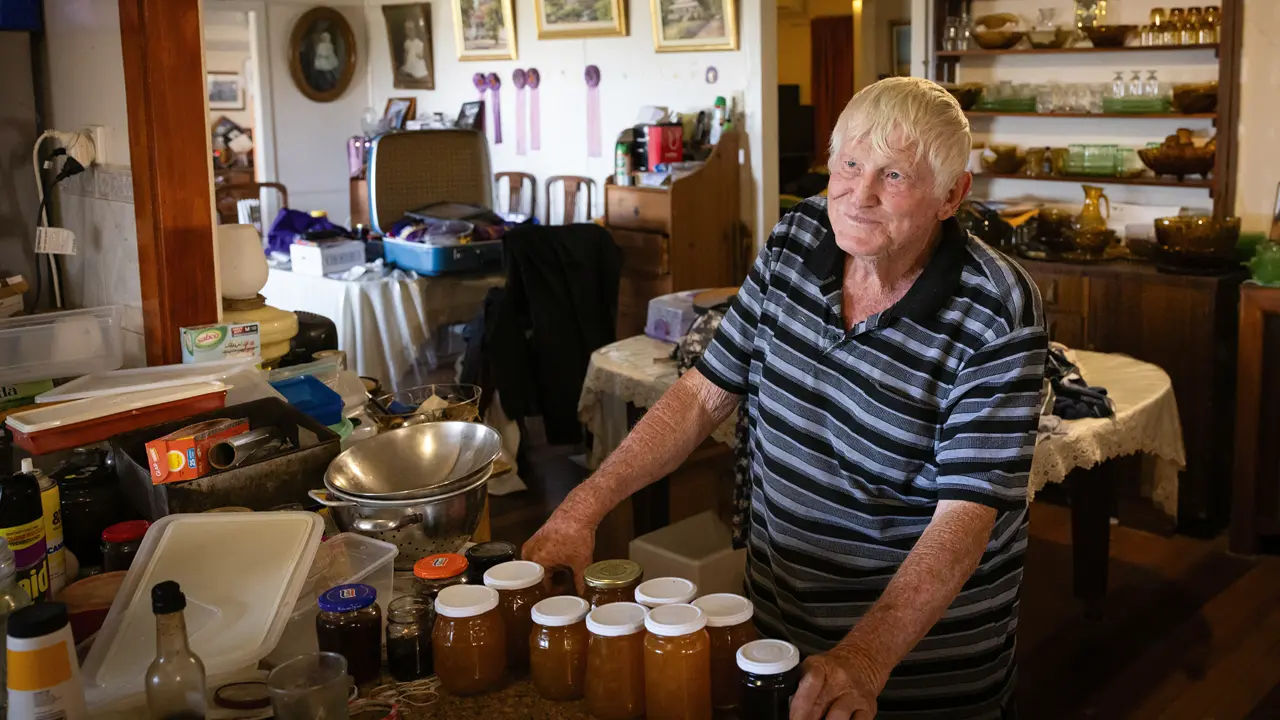The Lempriere family is clawing back a future for Australian wool by connecting growers, processors, marketers, wholesalers, retailers and end users.
Story By Paul Myers
One of the great mysteries – and perhaps avoidable tragedies – of Australian agriculture has been the rapid decline of the wool industry. For a country that rode on the sheep’s back for so long, it is almost inconceivable that the value of wool production is now less than fruits and nuts, hay or vegetables. Soon it will be overtaken by poultry. Along the way, the size of the national flock has collapsed from 180 million two decades ago to little more than 70 million today, the lowest for more than a century.
But whenever an industry is in trouble, there are opportunities. And wool is too woven into the genes of Victoria’s Lempriere family for contemporary stalwarts such as Will Lempriere to watch the industry decline without acting. By the time that Will, as head of Melbourne-based wool trader and processor Lempriere Australia, formed The Merino Company (TMC) in 2005, the writing for wool had been on the boards for 15 to 20 years, certainly since the end of the Australian Wool Reserve Price Scheme in 1990.
“By 2002-2003 it had become clear that we had to find an alternative model [to wool trading and processing],” he says. “Once the euro appreciated against the US dollar and our traditional European clients suffered enormously, we started to question our future and looked at business models that involved all key industry participants.
“We had been waiting for an industry solution that didn’t come,” he says of the decision to diversify into marketing and selling direct to retailers. It was a move that bodies such as Australian Wool Innovation and its predecessors had been unable or unwilling to make or help engineer.
After three years of analysis and research, TMC was created. It came almost 150 years after William Lempriere sold his first bale of wool – under the company name Tondeur Lempriere – in Geelong, Vic, and 100 years after Will’s great-grandfather, Audley Lempriere, formed his own specialist wool-trading company.
Lempriere Australia and TMC connect people and businesses around the globe: growers, processors, marketers, wholesalers, retailers and end users. The big incentive for woolgrower participants is the opportunity to achieve a much greater sense of involvement in their product after a clip leaves their woolshed.
Story By Paul Myers
One of the great mysteries – and perhaps avoidable tragedies – of Australian agriculture has been the rapid decline of the wool industry. For a country that rode on the sheep’s back for so long, it is almost inconceivable that the value of wool production is now less than fruits and nuts, hay or vegetables. Soon it will be overtaken by poultry. Along the way, the size of the national flock has collapsed from 180 million two decades ago to little more than 70 million today, the lowest for more than a century.
But whenever an industry is in trouble, there are opportunities. And wool is too woven into the genes of Victoria’s Lempriere family for contemporary stalwarts such as Will Lempriere to watch the industry decline without acting. By the time that Will, as head of Melbourne-based wool trader and processor Lempriere Australia, formed The Merino Company (TMC) in 2005, the writing for wool had been on the boards for 15 to 20 years, certainly since the end of the Australian Wool Reserve Price Scheme in 1990.
“By 2002-2003 it had become clear that we had to find an alternative model [to wool trading and processing],” he says. “Once the euro appreciated against the US dollar and our traditional European clients suffered enormously, we started to question our future and looked at business models that involved all key industry participants.
“We had been waiting for an industry solution that didn’t come,” he says of the decision to diversify into marketing and selling direct to retailers. It was a move that bodies such as Australian Wool Innovation and its predecessors had been unable or unwilling to make or help engineer.
After three years of analysis and research, TMC was created. It came almost 150 years after William Lempriere sold his first bale of wool – under the company name Tondeur Lempriere – in Geelong, Vic, and 100 years after Will’s great-grandfather, Audley Lempriere, formed his own specialist wool-trading company.
Lempriere Australia and TMC connect people and businesses around the globe: growers, processors, marketers, wholesalers, retailers and end users. The big incentive for woolgrower participants is the opportunity to achieve a much greater sense of involvement in their product after a clip leaves their woolshed.
This story excerpt is from Issue #73
Outback Magazine: Oct/Nov 2010









